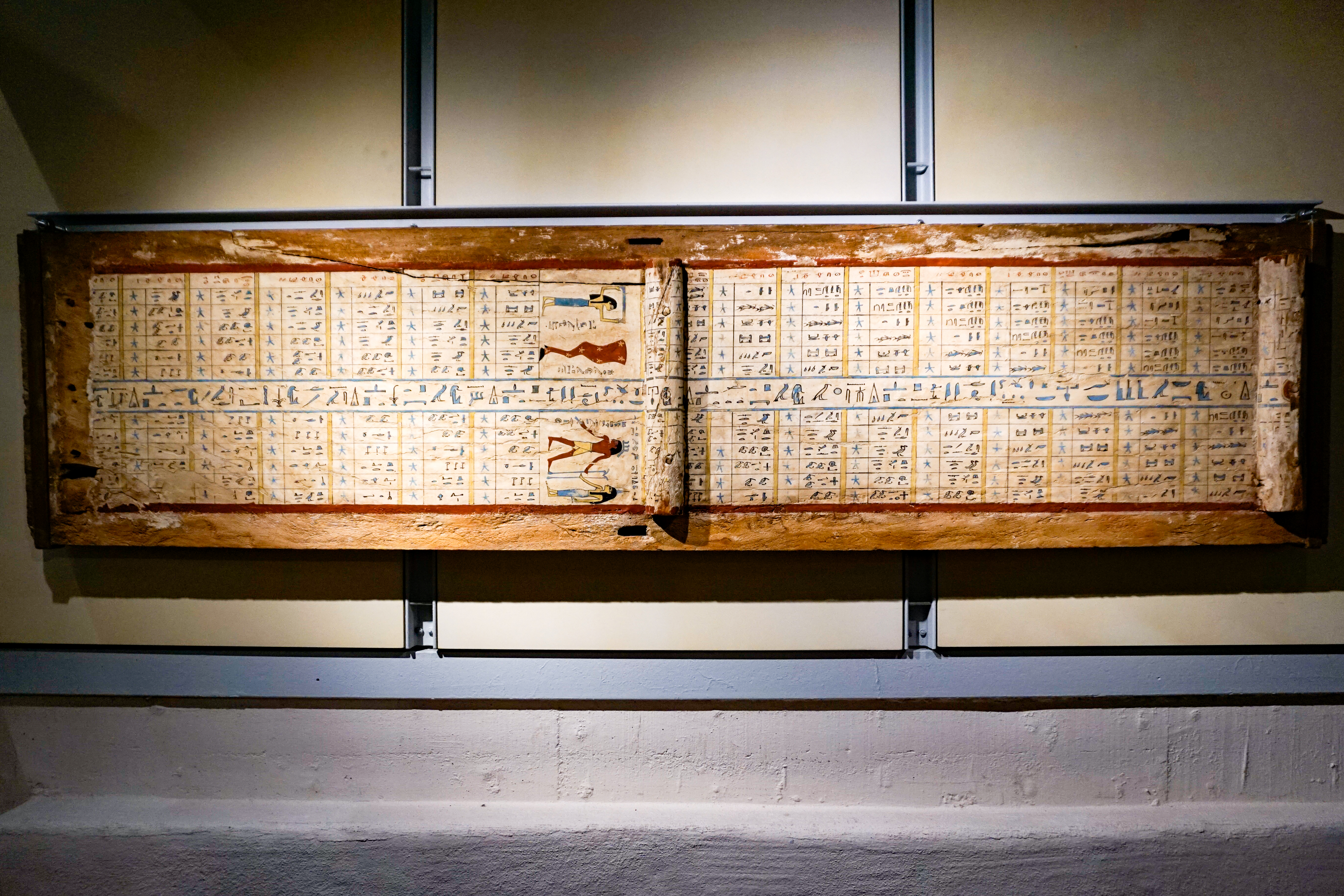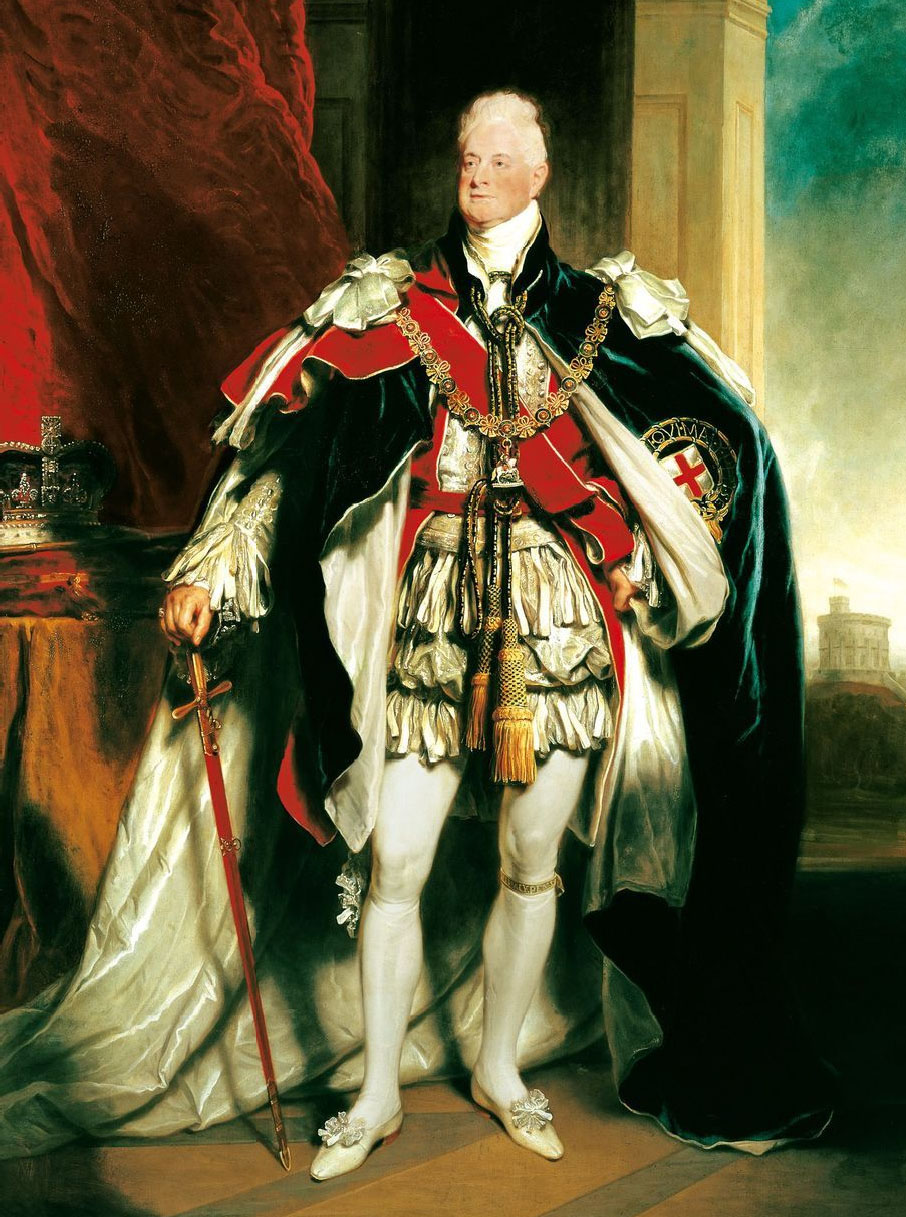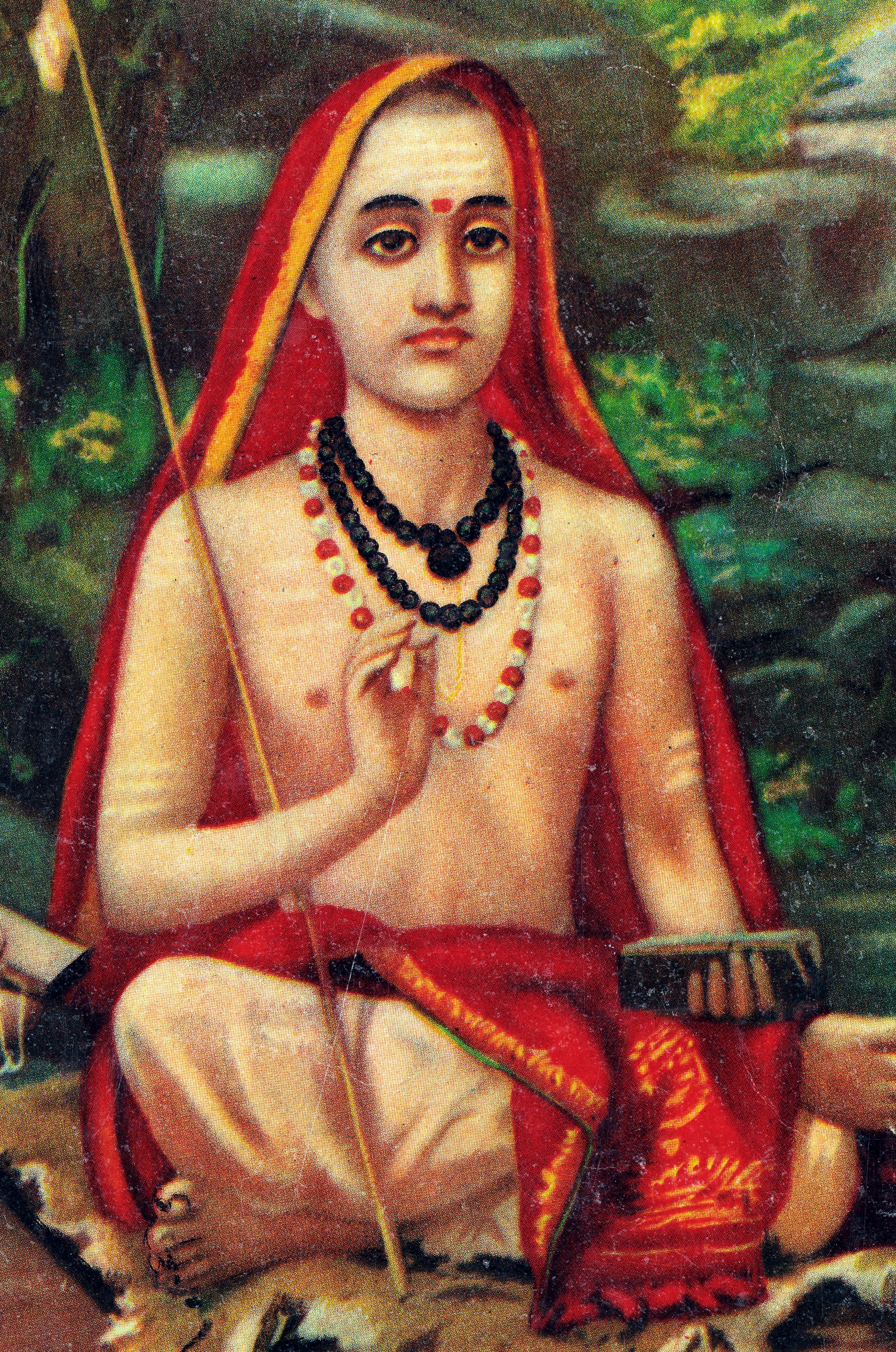|
Carl Friedrich Kielmeyer
Carl Friedrich Kielmeyer (22 October 1765 – 14 August 1844) was a German biologist and naturalist born in Bebenhausen, today part of the city of Tübingen. He was a pioneer of '' Naturphilosophie'', helped to establish organic chemistry (''Pflanzenchemie'') as a field, and developed an early version of recapitulation theory through the observation of animal embryos. Career He initially studied at Karlsschule Stuttgart, then furthered his education at the University of Göttingen (1786–88), where he had as instructors Johann Friedrich Blumenbach, Johann Friedrich Gmelin and Georg Christoph Lichtenberg. Afterwards, he returned to Karlsschule Stuttgart, where in 1792 he was appointed professor of chemistry. In 1796 he became a professor of chemistry and botany at the University of Tübingen, where he established the Botanischer Garten der Universität Tübingen in 1804. In 1816 he returned to Stuttgart as scientific director of the royal library, botanical garden, et al. He ... [...More Info...] [...Related Items...] OR: [Wikipedia] [Google] [Baidu] |
Bebenhausen
Bebenhausen () is a village (pop. 347) in the Tübingen district, Baden-Württemberg, Germany. Since 1974 it is a district of the city of Tübingen, its least populous one. It is located 3 km north of Tübingen proper (about 5 km northeast of the city centre), in the southeastern part of the protected landscape of the Schönbuch, a dense forest. Bebenhausen is famous for its monastery, Bebenhausen Abbey, founded in 1183 by Count Palatine Rudolph of Tübingen. In the early 19th century the monastery became a hunting palace for the kings of Württemberg. King William II of Württemberg lived there until his death in 1921, his wife Princess Charlotte of Schaumburg-Lippe until her death in 1946. It became the seat of Württemberg-Hohenzollern Württemberg-Hohenzollern was a West Germany, West German state created in 1945 as part of the French Allied Occupation Zones in Germany, post-World War II occupation zone. Its capital was Tübingen. In 1952, it was merged into the newly fo ... [...More Info...] [...Related Items...] OR: [Wikipedia] [Google] [Baidu] |
University Of Tübingen
The University of Tübingen, officially the Eberhard Karl University of Tübingen (; ), is a public research university located in the city of Tübingen, Baden-Württemberg, Germany. The University of Tübingen is one of eleven German Excellence Universities. The University of Tübingen is especially known as a centre for the study of plant biology, medicine, law, archeology, ancient cultures, philosophy, theology, religious studies, humanities, and more recently as a center of excellence for artificial intelligence. The university's noted alumni and faculty include presidents, a pope, EU Commissioners, judges of the Federal Constitutional Court, and Johannes Kepler. The university is associated with eleven List of Nobel laureates, Nobel laureates, especially in the fields of medicine and chemistry. History The University of Tübingen was founded in 1477 by Count Eberhard I, Duke of Württemberg, Eberhard V (Eberhard im Bart, 1445–1496), later the first Duke of Württemberg ... [...More Info...] [...Related Items...] OR: [Wikipedia] [Google] [Baidu] |
1844 Deaths
In the Philippines, 1844 had only 365 days, when Tuesday, December 31 was skipped as Monday, December 30 was immediately followed by Wednesday, January 1, 1845, the next day after. The change also applied to Caroline Islands, Guam, Marianas Islands, Marshall Islands and Palau as part of the Captaincy General of the Philippines; these became the first places on Earth to redraw the International Date Line. Events January–March * January 4 – The first issue of the Swedish-languaged ''Saima'' newspaper founded by J. V. Snellman is published in Kuopio, Finland. * January 15 – The University of Notre Dame, based in the city of the same name, receives its charter from Indiana. * February 27 – The Dominican Republic gains independence from Haiti. * February 28 – A gun on the USS ''Princeton'' explodes while the boat is on a Potomac River cruise, killing U.S. Secretary of State Abel Upshur, U.S. Secretary of the Navy Thomas Walker Gilmer and four other people. Pr ... [...More Info...] [...Related Items...] OR: [Wikipedia] [Google] [Baidu] |
1765 Births
Events January–March * January 23 – Prince Joseph of Austria marries Princess Maria Josepha of Bavaria in Vienna. * January 29 – One week before his death, Mir Jafar, who had been enthroned as the Nawab of Bengal and ruler of the Bengali people with the support and protection of the British East India Company, abdicates in favor of his 18-year-old son, Najmuddin Ali Khan. * February 8 **Frederick the Great, the King of Prussia, issues a decree abolishing the historic punishments against unmarried women in Germany for "sex crimes", particularly the ''Hurenstrafen'' (literally "whore shaming") practices of public humiliation. ** Isaac Barré, a member of the British House of Commons for Wycombe and a veteran of the French and Indian War in the British American colonies, coins the term "Sons of Liberty" in a rebuttal to Charles Townshend's derisive description of the American colonists during the introduction of the proposed Stamp Act. Barré notes tha ... [...More Info...] [...Related Items...] OR: [Wikipedia] [Google] [Baidu] |
Academic Staff Of The University Of Tübingen
An academy (Attic Greek: Ἀκαδήμεια; Koine Greek Ἀκαδημία) is an institution of tertiary education. The name traces back to Plato's school of philosophy, founded approximately 386 BC at Akademia, a sanctuary of Athena, the goddess of wisdom and skill, north of Athens, Greece. The Royal Spanish Academy defines academy as scientific, literary or artistic society established with public authority and as a teaching establishment, public or private, of a professional, artistic, technical or simply practical nature. Etymology The word comes from the ''Academy'' in ancient Greece, which derives from the Athenian hero, '' Akademos''. Outside the city walls of Athens, the gymnasium was made famous by Plato as a center of learning. The sacred space, dedicated to the goddess of wisdom, Athena, had formerly been an olive grove, hence the expression "the groves of Academe". In these gardens, the philosopher Plato conversed with followers. Plato developed his sessio ... [...More Info...] [...Related Items...] OR: [Wikipedia] [Google] [Baidu] |
Scientists From Tübingen
A scientist is a person who researches to advance knowledge in an area of the natural sciences. In classical antiquity, there was no real ancient analog of a modern scientist. Instead, philosophers engaged in the philosophical study of nature called natural philosophy, a precursor of natural science. Though Thales ( 624–545 BC) was arguably the first scientist for describing how cosmic events may be seen as natural, not necessarily caused by gods,Frank N. Magill''The Ancient World: Dictionary of World Biography'', Volume 1 Routledge, 2003 it was not until the 19th century that the term ''scientist'' came into regular use after it was coined by the theologian, philosopher, and historian of science William Whewell in 1833. History The roles of "scientists", and their predecessors before the emergence of modern scientific disciplines, have evolved considerably over time. Scientists of different eras (and before them, natural philosophers, mathematicians, natur ... [...More Info...] [...Related Items...] OR: [Wikipedia] [Google] [Baidu] |
19th-century German Biologists
The 19th century began on 1 January 1801 (represented by the Roman numerals MDCCCI), and ended on 31 December 1900 (MCM). It was the 9th century of the 2nd millennium. It was characterized by vast social upheaval. Slavery was Abolitionism, abolished in much of Europe and the Americas. The First Industrial Revolution, though it began in the late 18th century, expanded beyond its British homeland for the first time during the 19th century, particularly remaking the economies and societies of the Low Countries, France, the Rhineland, Northern Italy, and the Northeastern United States. A few decades later, the Second Industrial Revolution led to ever more massive urbanization and much higher levels of productivity, profit, and prosperity, a pattern that continued into the 20th century. The Catholic Church, in response to the growing influence and power of modernism, secularism and materialism, formed the First Vatican Council in the late 19th century to deal with such problems an ... [...More Info...] [...Related Items...] OR: [Wikipedia] [Google] [Baidu] |
German Wikipedia
The German Wikipedia () is the German-language edition of Wikipedia, a free and publicly editable online encyclopedia. Founded on 16 March 2001, it is the second-oldest Wikipedia edition (after the English Wikipedia). It has articles, making it the -largest edition of Wikipedia by number of articles , behind the English Wikipedia and the mostly bot-generated Cebuano Wikipedia.meta:List of Wikipedias, Wikimedia list of Wikipedias and their statistics. Retrieved 5 January 2025.] Alternative language Wikipedias, 16 March 2001List of Wikipedias/Table meta.wikimedia.org, Statistics It has the second-largest number of edits and of active users behind the English Wikipedia. On 7 November 2011, the German Wikipedia became the second edition of Wikipedia, after the English edition, to exceed 100&nbs ... [...More Info...] [...Related Items...] OR: [Wikipedia] [Google] [Baidu] |
Carl Friedrich Philipp Von Martius
Carl Friedrich Philipp (Karl Friedrich Philipp) von Martius (17 April 1794 – 13 December 1868) was a German botany, botanist and explorer. Between 1817 and 1820, he travelled 10,000 km through Brazil while collecting botanical specimens. His most important work was a comprehensive flora of Brazil, ''Flora Brasiliensis'', which he initiated in 1840 and was completed posthumously in 1906. Life Martius was born at Erlangen, the son of Prof Ernst Wilhelm Martius, court apothecary. He graduated PhD from University of Erlangen–Nuremberg, Erlangen University in 1814, publishing as his thesis a critical catalogue of plants in the university's botanical garden. After that he continued to devote himself to botanical study, and in 1817 he and Johann Baptist von Spix were sent to Brazil by Maximilian I Joseph of Bavaria, Maximilian I Joseph, the king of Bavaria. They travelled from Rio de Janeiro through several of the southern and eastern provinces of Brazil and travelled up the Amazon ... [...More Info...] [...Related Items...] OR: [Wikipedia] [Google] [Baidu] |
Kielmeyera
''Kielmeyera'' is a plant genus in the family Calophyllaceae.Stephens, P.F. (2001 onwards). Angiosperm Phylogeny Website. Version 9, June 2008. http://www.mobot.org/MOBOT/Research/APweb/ It is endemic to South America, with a large occurrence in the Brazilian cerrados. Species include: *'' Kielmeyera coriacea'' *'' Kielmeyera microphylla'' *'' Kielmeyera neglecta'' *'' Kielmeyera neriifolia'' *'' Kielmeyera peruviana'' *'' Kielmeyera reticulata'' *'' Kielmeyera rubriflora'' *''Kielmeyera speciosa ''Kielmeyera speciosa'' is a species A species () is often defined as the largest group of organisms in which any two individuals of the appropriate sexes or mating types can produce fertile offspring, typically by sexual reproduction. It i ...'' *'' Kielmeyera variabilis'' References Malpighiales genera Flora of Southern America Flora of the Cerrado Taxa named by Carl Friedrich Philipp von Martius {{Calophyllaceae-stub ... [...More Info...] [...Related Items...] OR: [Wikipedia] [Google] [Baidu] |
Friedrich Wilhelm Joseph Von Schelling
Friedrich Wilhelm Joseph Schelling (; 27 January 1775 – 20 August 1854), later (after 1812) von Schelling, was a German philosopher. Standard histories of philosophy make him the midpoint in the development of German idealism, situating him between Johann Gottlieb Fichte, his mentor in his early years, and Georg Wilhelm Friedrich Hegel, his one-time university roommate, early friend, and later rival. Interpreting Schelling's philosophy is regarded as difficult because of its evolving nature. Schelling's thought in the main has been neglected, especially in the English-speaking world. An important factor in this was the ascendancy of Hegel, whose mature works portray Schelling as a mere footnote in the development of idealism. Schelling's ''Naturphilosophie'' also has been attacked by scientists for its tendency to analogize and lack of empirical orientation. However, some later philosophers have shown interest in re-examining Schelling's body of work. Life Early life Schellin ... [...More Info...] [...Related Items...] OR: [Wikipedia] [Google] [Baidu] |
Philosopher
Philosophy ('love of wisdom' in Ancient Greek) is a systematic study of general and fundamental questions concerning topics like existence, reason, knowledge, Value (ethics and social sciences), value, mind, and language. It is a rational and critical inquiry that reflects on its methods and assumptions. Historically, many of the individual sciences, such as physics and psychology, formed part of philosophy. However, they are considered separate academic disciplines in the modern sense of the term. Influential traditions in the history of philosophy include Western philosophy, Western, Islamic philosophy, Arabic–Persian, Indian philosophy, Indian, and Chinese philosophy. Western philosophy originated in Ancient Greece and covers a wide area of philosophical subfields. A central topic in Arabic–Persian philosophy is the relation between reason and revelation. Indian philosophy combines the Spirituality, spiritual problem of how to reach Enlightenment in Buddhism, enlighten ... [...More Info...] [...Related Items...] OR: [Wikipedia] [Google] [Baidu] |








